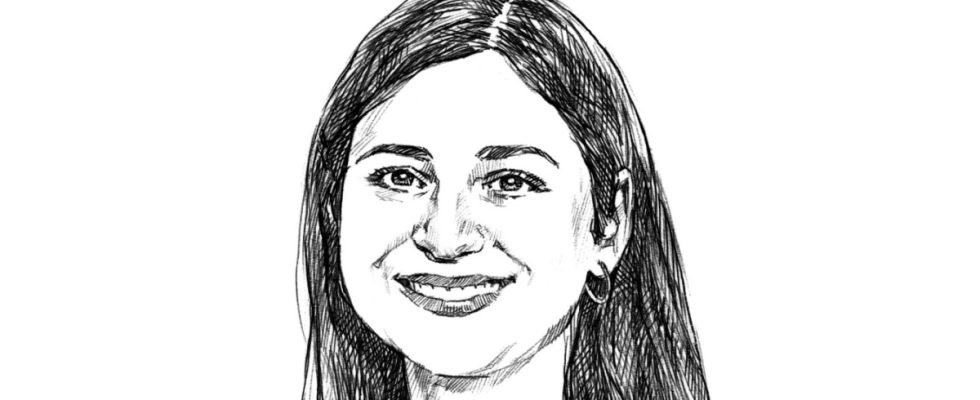“Soon St. Nicholas will come and put presents in your boots. They will be left in front of the door on the night of December 6th.” So I explained the custom to the children when we were visiting Ukrainian friends with my daughter. I know that not all of my compatriots that I know are familiar with the customs and traditions of this country. A good opportunity to use Santa Claus as a good example of this. Quite surprisingly, my daughter contradicted me. She said: “No, Mom, Santa Claus comes on December 19th, not the 6th. And he doesn’t put the presents in the boot, but under the pillow.”
This made me realize once again that Ewa sometimes confuses Ukrainian and German customs, no matter how similar the customs may be. However, for as long as she can remember, Santa Claus has only come to her on December 19th. And yes, the presents weren’t put in boots, they were put under the pillow. Last year, Santa Claus came twice for the first time: on the German and Ukrainian St. Nicholas Day. But we won’t do that again. Santa Claus only comes to our family once, on December 6th, like everywhere else in Europe. I’m really happy about that. But there is another reason besides the pre-Christmas mood.
St. Nicholas Day is part of an important tradition that culturally connects Ukraine with Western Europe. The figure of Saint Nicholas is linked to values such as justice and solidarity with the poor and disadvantaged. All of this is particularly important to me and to us Ukrainians in these times because my country wants to free itself from Soviet and Russian cultural colonialism.
St. Nicholas Day was not and is not celebrated at all in the Soviet Union and later in Russia. The reason for this is that the Soviet Union implemented an anti-religious campaign among the people from the 1930s onwards. Creeds like those in Ukraine, which was then part of the Soviet Union, were banned and replaced with artificial traditions.
This is how the character of Father Frost (Ded Moroz in Russian) was developed, which has no historical roots. The role of this figure was to divert attention from reprisals, starvation and abject poverty. That’s what Josef Stalin, the Soviet leader at the time, wanted. Father Frost was supposed to give the illusion of a happy life, but he had little to do with the religious festivals in Ukraine – especially not with St. Nicholas Day.
The Julian calendar has had its day for many Ukrainians
Since the beginning of Russian aggression against Ukraine in 2014, which culminated in the war of aggression almost two years ago, true Ukrainian traditions and customs have been revived, including St. Nicholas Day. That’s why Santa Claus comes to my daughter and not Father Frost. In Ukraine this is now also manifested in the calendar.
Before the war, religious festivals in Ukraine, like Russia, were celebrated according to the Julian calendar, 13 days later than most Christians in Europe celebrate. That has now been changed. Since September of this year, the majority of Orthodox and Catholics in Ukraine have been celebrating festivals such as St. Nicholas Day and Christmas on the same days as in Germany. For me, this alignment represents another important step in the rapprochement of Ukrainian and Western European cultures.
Of course my daughter also wrote a letter to Santa Claus. Not surprisingly, she wants peace in Ukraine and around the world.
Emiliia Dieniezhna, 35, fled from Kiev with her then four-year-old daughter Ewa Pullach near Munich. She works on a voluntary basis for the non-governmental organization NAKO, whose goal is to fight corruption in Ukraine. She also teaches German to Ukrainian refugee children. She writes a weekly column for the SZ about her view of events in her home country from Munich.

